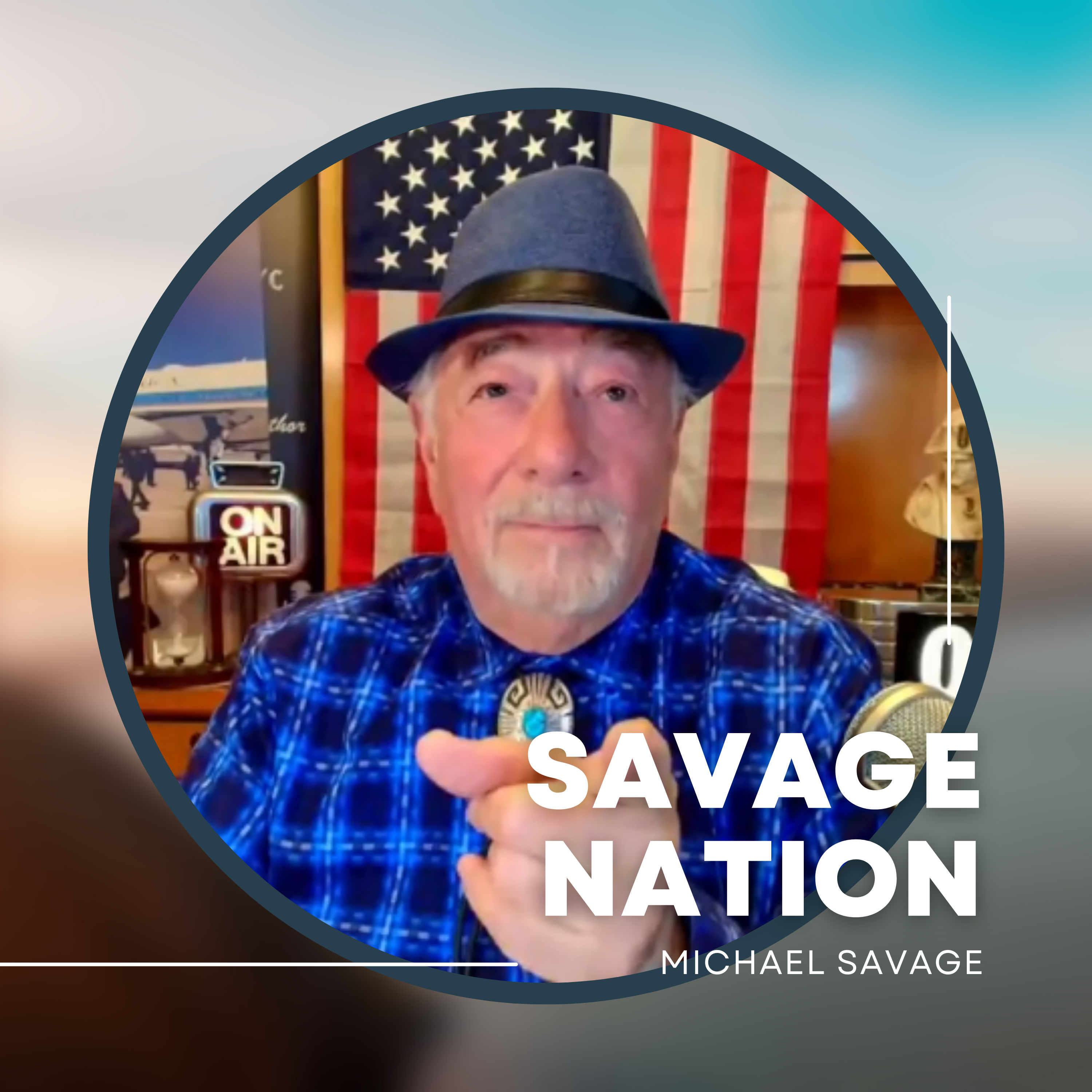
Think First with Jim Detjen
Think First is a short-form podcast that makes you pause — before you scroll, share, or believe the headline.
Hosted by Jim Detjen, a guy who’s been gaslit enough to start a podcast about it, Think First dives into modern narratives, media manipulation, and cultural BS — all through the lens of gaslighting and poetic truth.
Some episodes are two minutes. Some are an hour. It depends on the story — and the energy drink situation.
No rants. No lectures. Just sharp questions, quick insights, and the occasional laugh to keep things sane.
Whether you’re dodging spin in the news, politics, or that “trust me, bro” post in your feed… take a breath. Think first.
Visit Gaslight360.com/clarity to sharpen your BS filter and explore the 6-step clarity framework.
🚨Distorted is set to release on February 10, 2026, and pre-orders are now available on Ingram, Amazon, and Barnes & Noble.
Reserve your copy today — and join me in cutting through the distortion.
Paperback and Kindle: Amazon
Hardcover: Barnes & Noble
Think First with Jim Detjen
#77 Weight of the World · Is the Obesity Epidemic a Side Effect or a Strategy?
Something about the obesity epidemic doesn’t add up.
Despite decades of “awareness,” our population keeps getting sicker, younger, and more dependent — while the system built to fix it keeps breaking profit records.
In this episode of Think First, host Jim Detjen unpacks how food engineering, pharmaceutical incentives, and shame-based media narratives quietly reinforce one another — turning health into a subscription model.
Featuring excerpts from Dr. Mark Hyman’s The Doctor’s Farmacy with Calley Means, this investigation traces how “wellness” became an industry, how children became the next profit center, and why moral clarity in medicine disappeared the moment it stopped being profitable.
From hospital vending machines to billion-dollar injections, this is the story of how America learned to medicate the fish instead of cleaning the tank.
🎧 Listen for:
- How “rigging institutions of trust” keeps the public confused
- The economics of obesity and the myth of personal failure
- Calley Means on why kids are now the system’s most valuable customers
- The political and moral gaslight behind “health at any size”
- Why DISTORTED calls it not a health crisis — but a perception crisis
Stay sharp. Stay skeptical. #SpotTheGaslight
Read and reflect at Gaslight360.com/clarity
If an entire nation steadily gains weight for 50 years, despite rising gym memberships, kale smoothies, Peloton bikes in every other living room, is that really an accident? Or is it the business model? We're told the obesity epidemic is about personal responsibility. Eat less, move more, drink water, believe the influencer. But while individuals blame themselves, entire populations change at once. In 1970, the average American weighed about 165 pounds. Today, it's closer to 200. Kids, too. The biggest jump? Not in laziness or metabolism, but in food engineering. What happens when the stuff you eat isn't food anymore? But a formula? When snacks are built in labs, tested against your dopamine receptors, and optimized for cravability? And what happens when the system that feeds you is the same system that then sells you the cure for your appetite? How do we square a culture that once shamed kids for being fat in the 90s, with the same culture now romanticizing obesity under the banner of body positivity, all while funneling billions into pharmaceuticals like Ozempic? Is this really about health or is it about dependency? And here's the bigger question: when an entire nation is nudged into a condition that makes it sicker, hungrier, and more compliant, do we call that a side effect or a strategy? And today, we're going there. This is Think First, where we don't follow the script. We question it. Because in a world full of poetic truths and professional gaslighting, someone's gotta say the quiet part out loud. Here's what most people think. Obesity is a crisis of choice, bad diets, fast food, not enough exercise, people just need more willpower. But if that's the full story, then why did obesity rates explode in one generation? Why do countries with the same couches and screens stay thinner? Why does the U.S. spend the most on health care yet rank near the bottom in outcomes? And, here's the kicker. The same government that tells you to eat healthy subsidizes corn syrup, processed cheese, and feedlot beef while making fruits and vegetables more expensive. That's not personal choice, that's structural design. Maybe the obesity epidemic isn't about failing individuals. Maybe it's about a system that thrives when you fail. Ask yourself, if food is engineered to override your body's signals, is that still a choice? If junk calories are subsidized over whole foods, who's responsible? If pharma profits from managing obesity, why solve it? If media swings between shame and celebration, are they informing you or conditioning you? This isn't about fat jokes or body positivity, it's about agency. Who has it? Who loses it? Who profits when it's gone? Because the irony is that obesity has become both a problem and an asset. A crisis to be managed, and a pipeline of predictable customers. The story we've been sold doesn't look like prevention, it looks like dependency. Before we step into the story itself, I want you to hear a voice from inside the system. This clip comes from Dr. Mark Hyman's podcast, The Doctor's Pharmacy, episode 848, titled The Obesity Crisis: Ozempic, ADHD, and Food Industry Lies.
SPEAKER_01:The word that comes to mind and the overarching goal is rigging institutions of trust. Rigging institutions of trust. So you have a company, you have an interest. Who are their stakeholders? Their stakeholders are consumers. You know, obviously, you want to impact what they think. You want to impact the media, which has a big impact, you want to impact government leaders, you want to impact research, you want to impact groups like civil rights groups and other medical groups that people trust. So you want to, as a company in the United States that's trying to get something accomplished, you want to impact all of those groups. And the truth is the pharmaceutical industry and the healthcare industry at large is the largest fund of government. It's the largest funder of think tanks, it's the largest fund of academic research, it's the largest funder of news news funding. It's 50% of news funding. So the objective, and then basically infiltrated every largest funder of every single institute. They're the largest funder of medical groups, they're the largest funder of civil rights groups, actually. The NAACP. So every group that we hold sacred sacred, Harvard, the NIH is highly the FDA, as you've pointed out, is more than 50% directly funded by the pharmaceutical industry. And then food's not far behind. So you literally have the core institutions that set our culture, that set the guidelines. Their bills are paid by pharma.
SPEAKER_00:In that conversation, former consultant Callie Means describes how the very institutions meant to protect public health are financed by the same industries profiting from our decline. Callie Means isn't describing a villain's story, he's describing a budget line. And it sets the stage for what comes next, how that system rewrote the very language of health itself. The first chapter is shame. If you grew up in the 80s or 90s, you remember it. The afterschool specials, the magazine covers, the before and after photos. Being fat was a moral failure. Shows like The Biggest Loser turned weight loss into televised penance. Schools handed out BMI report cards, airlines humiliated passengers with seatbelt extenders, the diet industry raked in billions selling cabbage soup plans, slim fast shakes, and miracle pills that never worked. That was Act 1, shame as motivator. But shame doesn't work long term. It creates yo-yo diets, depression, and guilt cycles that send people straight back into the system for more solutions. So Act Two began. Suddenly, the same culture that mocked obesity started celebrating it. Fashion campaigns featured plus size models, magazines proclaimed healthy at any size, shows praised living authentically. And here's the smirkworthy twist. The same companies that sold you diet shakes started selling you crop tops. The revolution will be sponsored by Lululemon and a low sodium ranch packet. Self-acceptance matters. Everyone deserves dignity, but when the pendulum swings so far that questioning health risk becomes taboo, that's not empowerment. That's poetic truth. A comforting story layered over hard reality. Obesity links to diabetes, heart disease, joint damage, shorter life. Those are facts. The poetic truth says, your weight doesn't matter if you feel good about yourself. And poetic truths protect the industries causing the harm. Why push for reform when you can rebrand the condition as empowerment? That's how narratives work. They don't fix the system, they just make you feel okay living in it. Between shame campaigns and body positivity campaigns, notice the pattern. Neither reduces obesity rates, both keep the cash flowing. The diet industry thrives when you hate yourself. Pharma thrives when you accept yourself and medicate. Food giants thrive either way. Act 1, shame. Act 2, celebration. Different masks. Same puppet master. Every family has its own version of that mirror, a quiet deal between guilt and denial. You don't need a memoir to see it. Just open the fridge after midnight and notice who's winning the argument. Let's check the receipts. Receipt number one, Bliss Point Food. The Bliss Point is the precise sugar-fat salt combo that maximizes craving. Food scientists test recipes on focus groups and brain scans to find the point where you can't stop eating. That bag of Doritos? That pint of ice cream? Not food. An experiment. And you're the lab rat. A 2025 Duke Poncer lab study proved obesity rose even while energy expenditure stayed constant. Meaning, it's not that we move less, it's that the food supply got better at beating our brakes. Receipt number two. Subsidy distortion. The U.S. spends billions subsidizing corn, soy, and wheat. Not broccoli, not blueberries. So a McDonald's double cheeseburger costs$2. A salad? 6. Personal choice? The menu was rigged before you sat down. Receipt number 3. The school lunch paradox. Cafeterias serve pizza, tater tots, and chocolate milk, while the CDC warns about childhood obesity. It's like handing kids Marlboros in the cafeteria, then running an anti-smoking PSA in the gym. Receipt number four. Pharma's jackpot. Enter GLP1 drugs like Ozempic, WeGovi, and Manjaro. Wall Street predicts tens of billions in annual sales. Doctors prescribe off-label like candy. And the best part, it doesn't cure obesity, it manages it. A lifetime subscription. Pharma finally found the one diet plan that always works: your checking account. A 2025 JAMA report flagged gastro-adverse events and dependency risk across the incretan class. Even the pharmacologists admit the cure now needs its own cure. Receipt number five, media whiplash. One decade, fat shaming. The next, fat glamorizing. Today, celebrating obesity while running ads for injectables. It's not hypocrisy, it's choreography. The choreography is this make you feel ashamed. Sell diets, make you feel empowered, sell drugs, keep you confused, sell both. That's not prevention, that's strategy. Receipt number six, algorithmic appetite. TikTok's What I Eat in a Day videos rack millions of views, which is equal parts food porn and moral theater. The algorithm learns your cravings faster than your metabolism does. You scroll hungry, and it feeds you ads. In 2025, the platform launched Healthy Choice Prompts. Translation. It can now monetize restraint too. Receipt number seven, label law gaslight. The FDA quietly redefined healthy last spring. So breakfast cereals with 10 grams of sugar per serving still qualify if they sprinkle in vitamin D. The label looks clean, the contract stays dirty. The only thing shrinking faster than waistlines is accountability. And finally, receipt number eight, global shift. In 2025, UNICEF announced that for the first time in history, obesity surpassed underweight among school-aged children worldwide. We solved famine by feeding the world junk. Before we dive back in, a quick word about the project that's bigger than this podcast. What if the biggest lies you've been told weren't lies at all? What if they were stories? Comforting stories, soothing myths, the kind of poetic truths that feel good, even when they're not true. That's the game. Politicians do it, media does it, institutions do it. They don't just lie, they distort. They gaslight you with change, they cradle you with bedtime myths, and that gap between perception and reality is where we're losing the plot. That's why I wrote Distorted how gaslighting and poetic truth bend our perception of reality. It's not another self-help book, it's a survival manual, a guide for spotting the trick, dodging the spin, and refusing to outsource your thinking. Early access is open now. Find it at Barnes Noble, Amazon, and at gymdechin.com. And if you do grab a copy, here's my one ask: leave a review. Because the world isn't short on lies. It's drowning in distortions. Alright, back to the show. Now let's steel man the other side. Nobody's forcing anyone to eat Cheetos. Nobody's outlawed jogging. Nobody's holding you hostage in the drive-thru. And sure, agency matters. Genetics matter, culture matters. Not every overweight person is unhealthy. That's true. But when the environment is engineered to hijack willpower, the playing field isn't level. Imagine training soldiers, then giving them broken rifles, empty canteens, and maps pointing the wrong way. Would you blame them when they lose? We tell citizens, choose wisely while stocking shelves like a booby-trapped convenience store. That's what obesity looks like in America. So here's the counterframe, a mental model called the Fat Triangle 2.0. At each corner is food engineering, pharma management, media framing, and connecting them the feed, the algorithmic bloodstream that delivers every ad, clip, and craving straight to your cortex. Food creates the problem, pharma monetizes the solution, media spins the story, the feed keeps it all humming 24-7. Once you see the triangle, you can't unsee it. It explains why obesity isn't a bug in the system, it's the product. And here's the long view the industry's already planning the sequel. Nature Medicine 2025 previewed Orpherglipron, the Oral GLP1. No needles, no stigma, dependency at scale. Meanwhile, Novo Nordisk is testing Cagrisema, a combo injection so potent it trims 20% of body weight in 68 weeks. That's not medicine, that's a subscription plan with syringes. And while the labs chase chemistry, the marketers chase language. They'll tell you it's not fat loss, it's wellness realignment. You've already heard Callie Means describe the machinery, how the system funds itself through confusion, but here's where it gets darker. This next moment, also from his conversation with Dr. Mark Hyman on the doctor's pharmacy, captures what happens when that machinery turns its attention to the next generation. It's not just economics anymore, it's ethics.
SPEAKER_01:We know really clearly what's happening. And you gotta ask, why isn't there moral clarity, right? Why isn't there moral clarity to say, let's stop that root cause? Clearly, if we're drugging our kids and addicting our kids to highly dopamine-enhancing products early on, and we're shoving hormone-disrupting chemicals into their veins again and again and again, and their bodies are rebelling at an early age. Clearly, we need to solve that root cause. So why aren't we? And the the answer, the only answer I can really come to is that those kids on that playground are going to be the most profitable people in the world for the largest industry in the country. The healthcare industry is the largest industry and the fastest growing industry in the United States. It is not one evil person, but the overall structure of that industry is predicated on people getting sicker earlier.
SPEAKER_00:That clip hits like a confession because it isn't really about obesity or metabolism. It's about moral metabolism. A society that can medicalize childhood and call it compassion is a society in free fall. We're no longer teaching kids to live healthy lives. We're teaching them how to manage their decline early. We've replaced playgrounds with prescriptions, recess with refills. We talk about screen time and diet choices as if they're separate, but they share the same algorithm: hook first, justify later. When Cali says those kids will be the most profitable people in the world, that's not hyperbole. That's the business plan. Every hyper-sweetened drink, every cartoon cereal, every notification badge is a micro invoice sent to the future. And if you're wondering why there isn't moral clarity, there is. It's just on retainer. This isn't a war on obesity, it's a war on agency. Because once you can train a population to mistake sedation for satisfaction, you don't need to control them. They'll do it themselves. That's what distorted is really about, not just the lies we're told, but the ones we start telling ourselves when the lies pay better. The gaslight isn't that the system failed, it's that it succeeded exactly as designed. We didn't arrive here by accident, we were walked here by institutions we trusted. Hospitals took coke money, medical schools let vending machines set the syllabus. Think tanks cashed checks to say sugar was freedom. And the people writing health policy? They were literally writing it with food industry pens. Callie Means called it rigging institutions of trust. That's not a metaphor, that's a business strategy. When the same corporations fund the research, the lobbying, the journalism, and the education, you don't get conspiracy, you get consensus. And it sounds like this. Eat whatever you want, just take the pill. It's genetic, not your fault. Calories are calories. That, my friends, is the lullaby of a captured culture. Think about what Cali described. The American Diabetes Association, the group that should be fighting liquid sugar, took money from soda companies for years. Coke was a national sponsor until 2012. It's like the Lung Association handing out Marlborough's at a marathon. That's not healthcare, that's public relations with a stethoscope. And yet, it works. We've reached a point where an independent doctor saying, maybe exercise helps, gets labeled anti-science. And the segment cuts to a novo nordis commercial. That's not parody, that's billable hours. Meanwhile, Congress swims in white papers like fish and corn syrup, 50,000 peer-reviewed nutrition studies in two years, most of them funded by industry. The result? Lawmakers so confused they'll believe a USDA report claiming a 91% ultra-processed diet is perfectly healthy. You don't need Orwell when you've got lobbyists with PowerPoint. And it's not just politicians, it's journalists, academics, even civil rights groups. The NAACP, funded by Soda, universities endowed by snack companies, and newsrooms, half their ad revenue, comes straight from pharma. Here's the part that still stings. This isn't ideological. Democrats, Republicans, they share the same donors. Healthcare is the one industry where everyone's bipartisan, because everyone's bought. Elizabeth Warren lobbying for tax cuts, conservatives defending corporate socialism, that's not hypocrisy. That's payroll. When everything from the FDA to the NIH is funded by the industries it regulates, you don't get public health, you get a subscription service. And the cost isn't just physical, it's moral. We have seven-year-old girls hitting puberty early from hormone-disrupting chemicals, 25% of young adults pre-diabetic, half of American teens overweight. A healthcare system congratulating itself for early detection of the diseases it created, and we call that progress. We drug the fish, but never clean the tank. Callie said it plainly. Those kids on the playground, snacking from foil bags glued to screens, aren't victims. They're customers, lifetime accounts receivable. And, while we medicate childhood, we gaslight adulthood. We privatize profit and socialize the cost. We tell parents they're failing, teachers they're lazy, soldiers they're unfit, while the pipeline keeps pumping corn syrup and serotonin replacements in equal measure. At this point, the only major export of the United States is metabolic dysfunction. So, what's left? If the watchdogs are funded by the burglars, maybe it's time to get a new dog. Maybe it starts bottom up, parents reading ingredient labels like intelligence reports. Maybe it's doctors willing to risk cancellation by saying food out loud. Maybe it's voters who finally connect inflation and inflammation, because both are policies, not accidents. This isn't about clean eating, it's about clean accounting. And that brings us back to distorted. The point of that book, and this show, isn't outrage, it's orientation. Once you understand how the narrative gets built, you stop mistaking the noise for news. The same mechanism that tells you Ozempic is wellness also told you processed food was freedom. The same consultants that rewrote the food pyramid now shape the headlines about body neutrality, and the same institutions that taught you to trust the experts were cashing checks from the experimenters. So, yes, there's a fix. But it doesn't start in Congress or the FDA. It starts with refusing to outsource conscience. When a system loses moral clarity, you become the compass. When health becomes an economy, you become the exit strategy. That's not rebellion, that's recovery. Now, back to where this began. Because Cali Means was right. The kids on that playground will be the most profitable people in America, unless the adults in the room finally decide profit isn't a purpose. So, side effect or strategy? Maybe it started as a side effect. Cheap calories, convenience, corporate scale. But somewhere along the line, side effects got product managers. When billions depend on keeping people overweight but operational, you stop fixing problems and start protecting revenue. That's the uncomfortable truth. And the poetic truth? That we can love ourselves into wellness while never confronting the systems that keep us sick. Gaslighting says it's your fault. Poetic truth says it's nobody's fault. Reality says someone's cashing the checks. And that's the through line of distorted, the book, the idea, the lens. Whether it's health, politics, or media, the mechanics are identical. Distort perception, profit from confusion, and rebrand the harm as virtue. We used to call that propaganda. Now we call it wellness branding. Here's the pattern, one last time. Feed the problem. Market the solution. Blame the consumer. Collect the dividends. If Orwell wrote Animal Farm Today, the pigs wouldn't run the farm. They'd franchise it. I'm Jim Detchen, and you don't need all the answers. But you should question the ones you're handed. And remember, obesity isn't the weight we carry, it's the one they sell us. Until next time, stay skeptical, stay curious, and always think first. Want more? The full six step framework we use is at gaslight360.com. You can also dive into the deeper story, the bio, the podcast, and the mission at jimdechen.com. And if you like this one, tag it. Save it. Share it.
Podcasts we love
Check out these other fine podcasts recommended by us, not an algorithm.
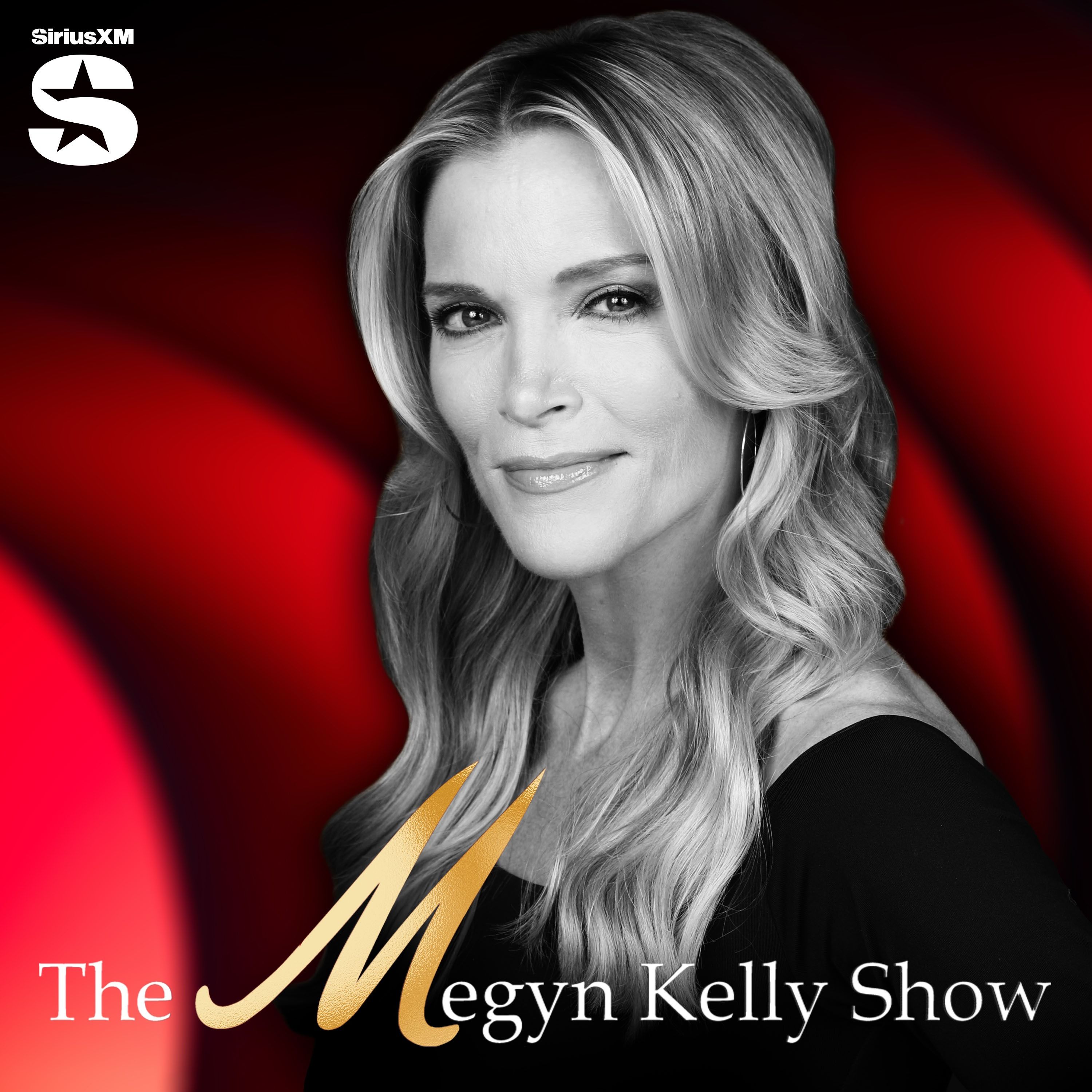
The Megyn Kelly Show
SiriusXM
Hidden Brain
Hidden Brain, Shankar Vedantam
The Tucker Carlson Show
Tucker Carlson Network
Cato Podcast
Cato Institute
The Joe Rogan Experience
Joe Rogan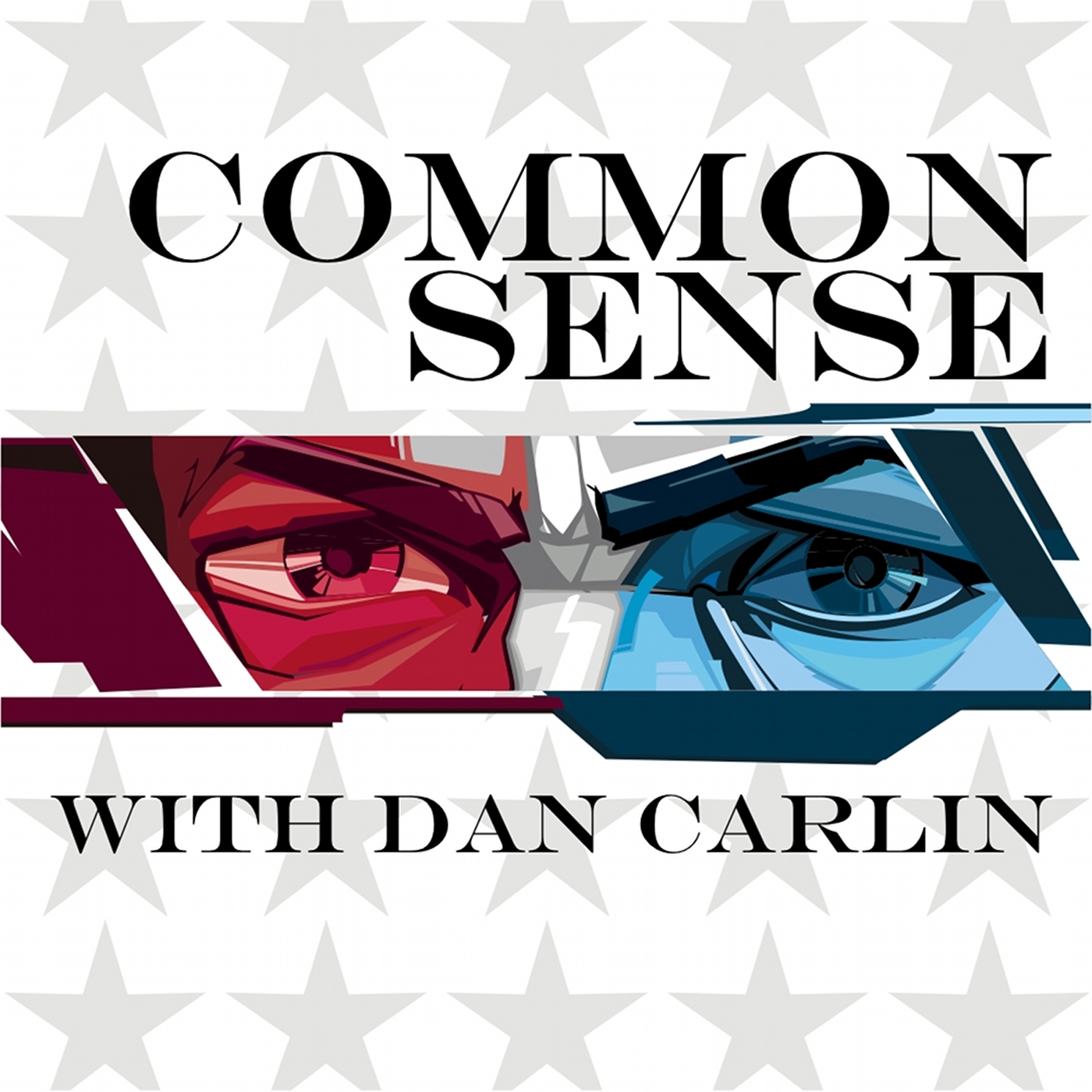
Common Sense with Dan Carlin
Dan Carlin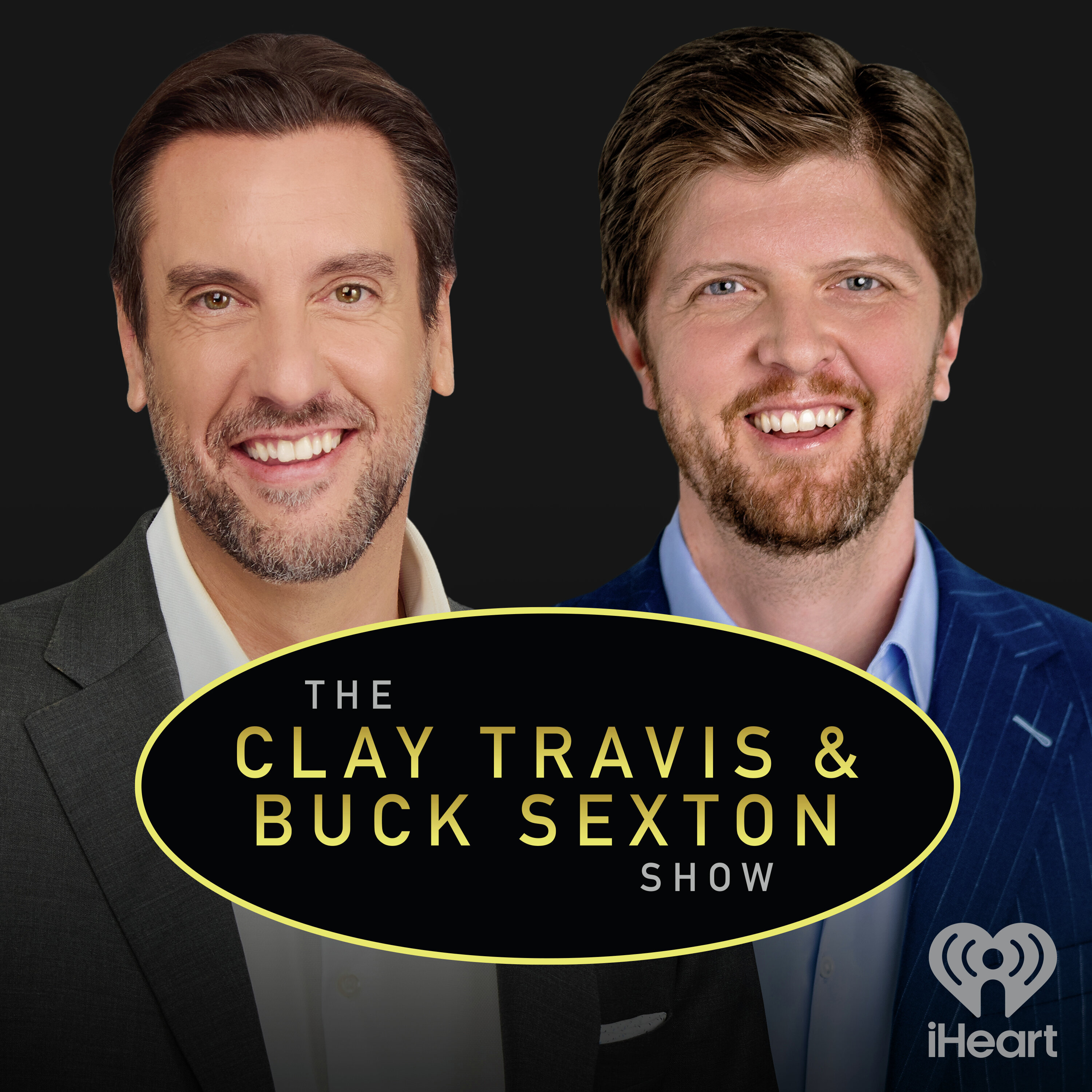
The Clay Travis and Buck Sexton Show
iHeartPodcasts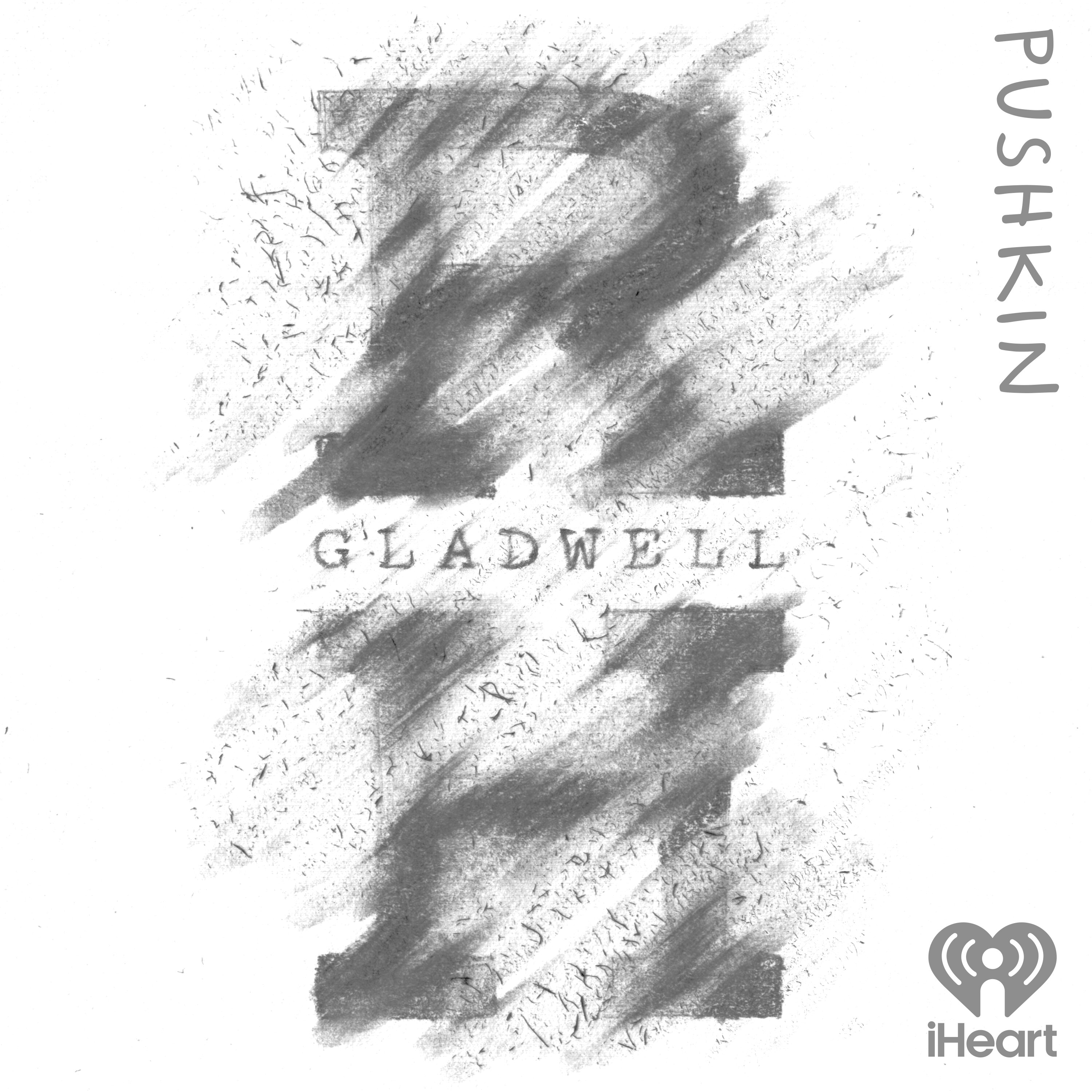
Revisionist History
Pushkin Industries
Freakonomics Radio
Freakonomics Radio + Stitcher
Fearless with Jason Whitlock
Blaze Podcast Network
The Daily Beans
MSW Media
The Glenn Beck Program
Blaze Podcast Network
Countermine
Dondi&Karlin
The Shawn Ryan Show
Shawn Ryan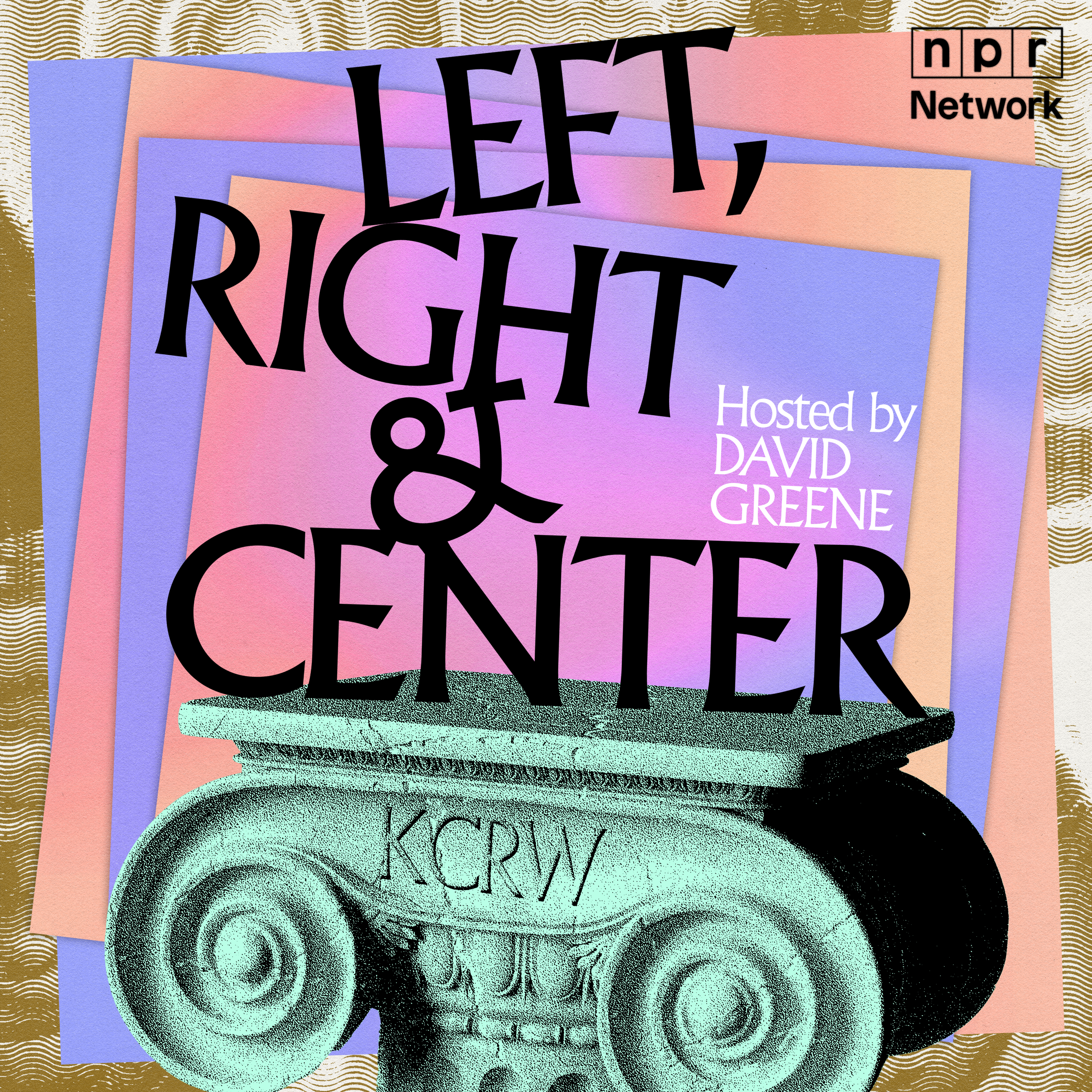
Left, Right & Center
KCRW
Political Gabfest
Slate Podcasts
Stuff You Should Know
iHeartPodcasts
TED Talks Daily
TED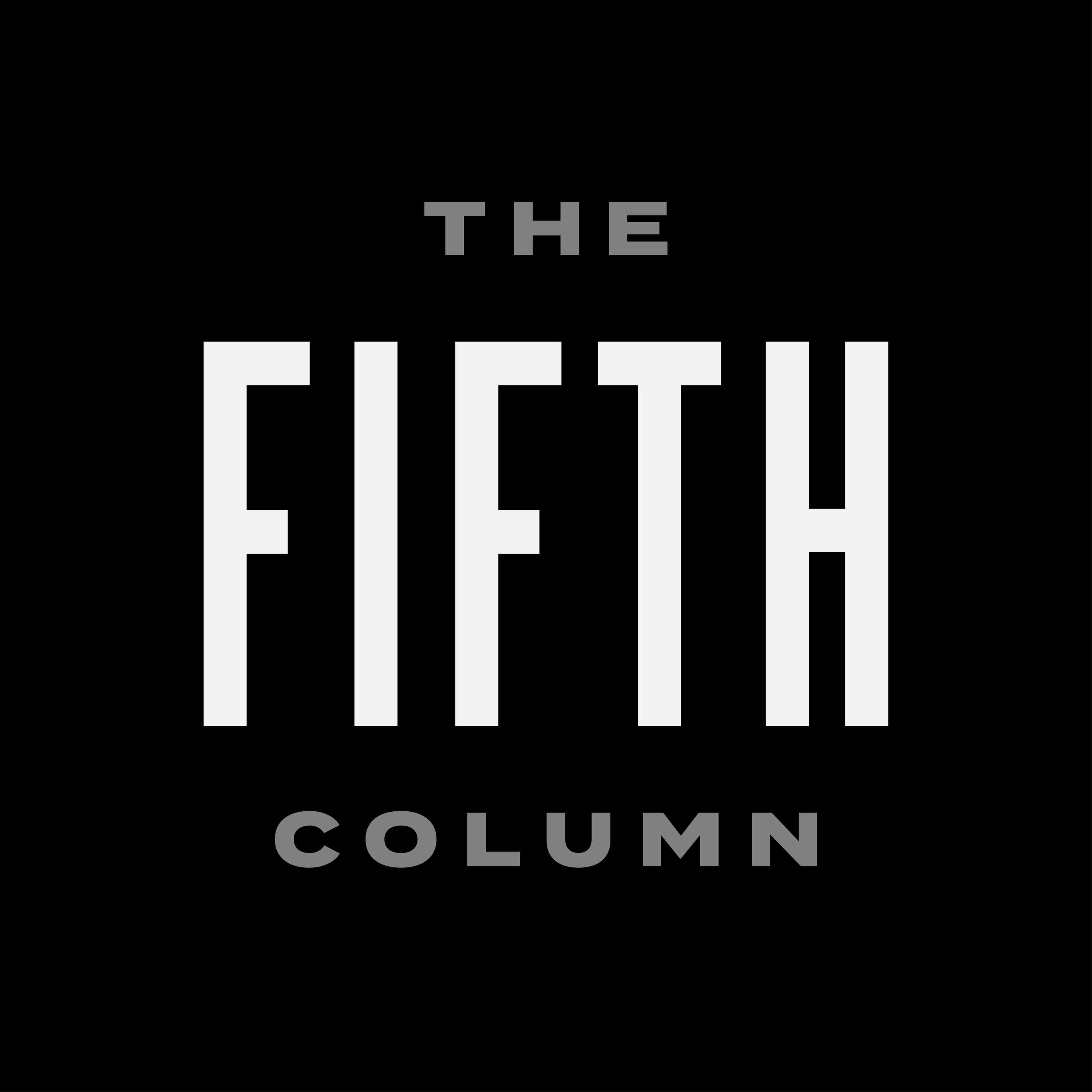
The Fifth Column
Kmele Foster, Michael Moynihan, and Matt Welch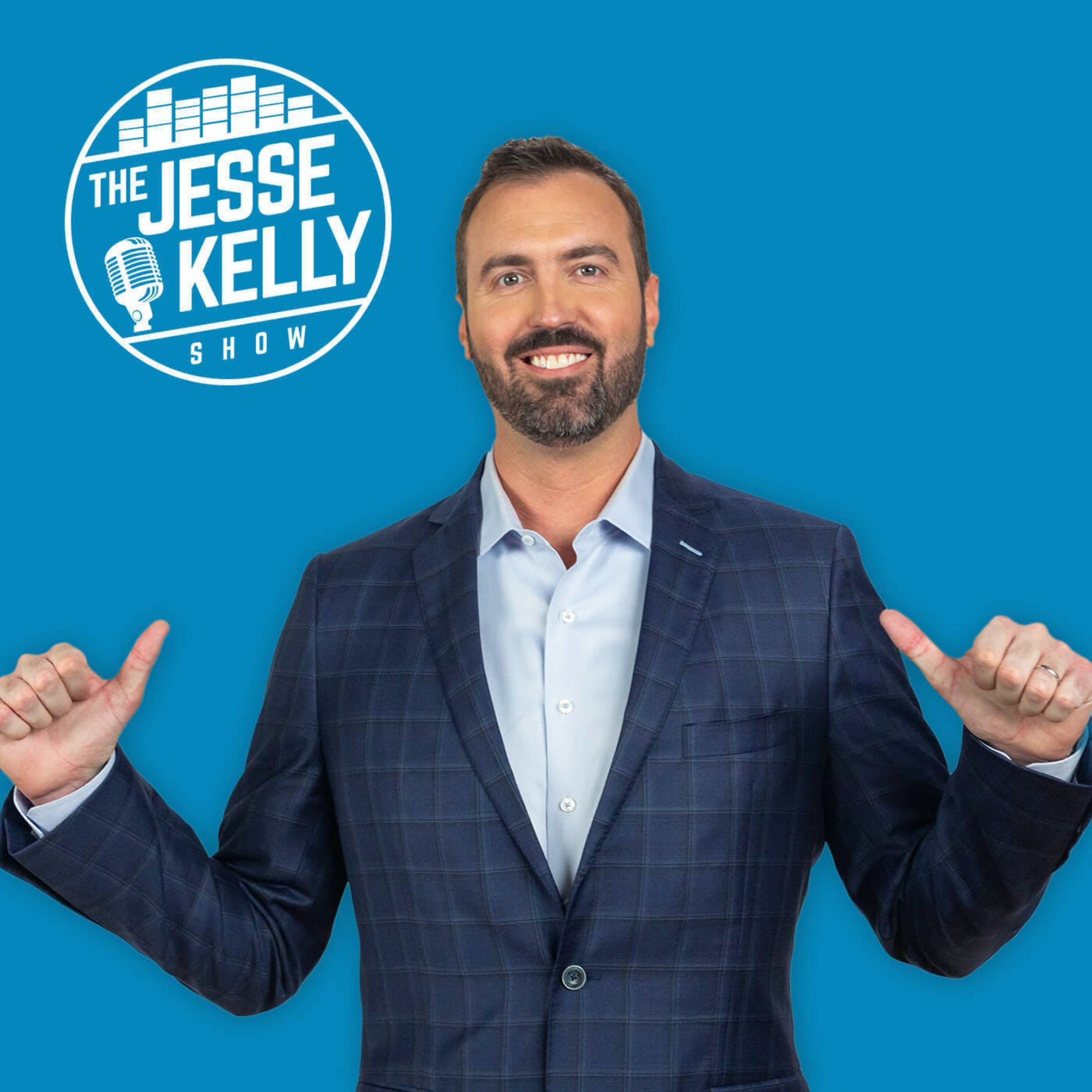
The Jesse Kelly Show
iHeartPodcasts
The Jordan B. Peterson Podcast
Dr. Jordan B. Peterson